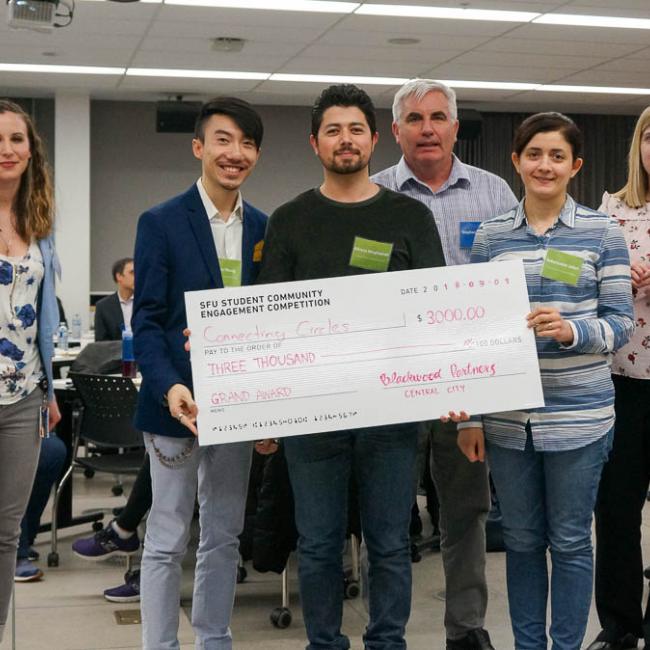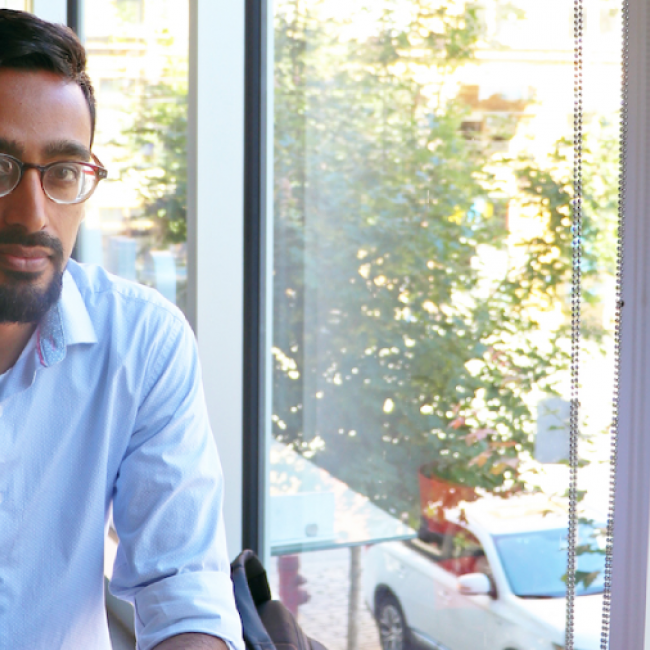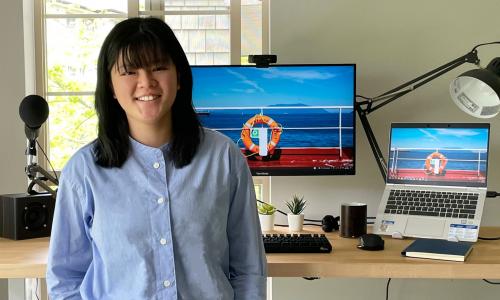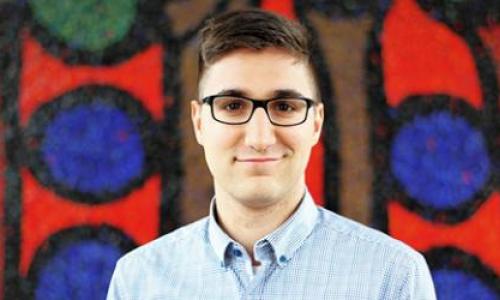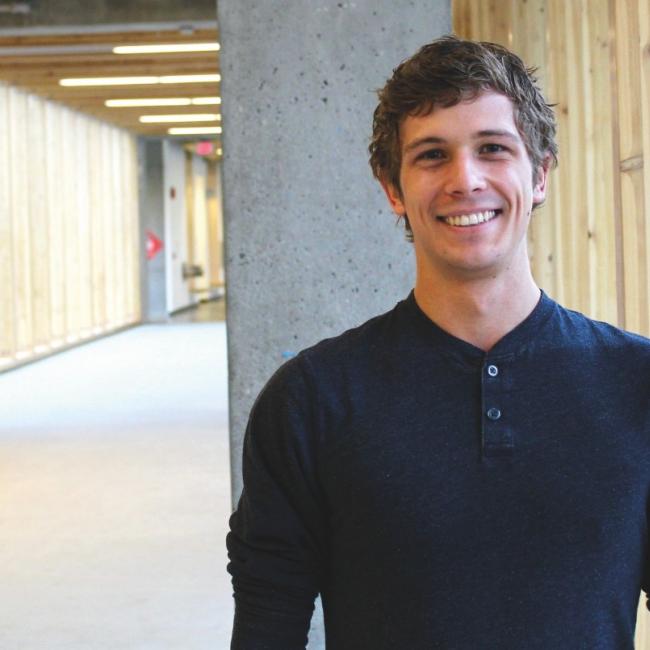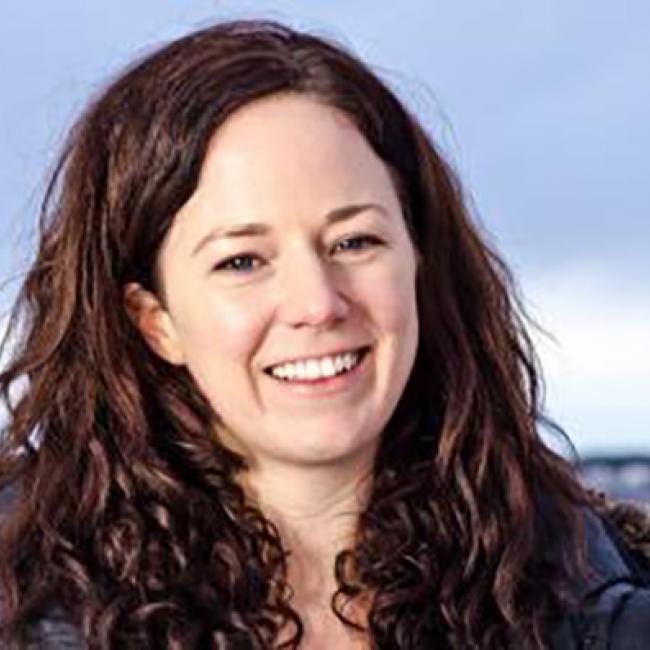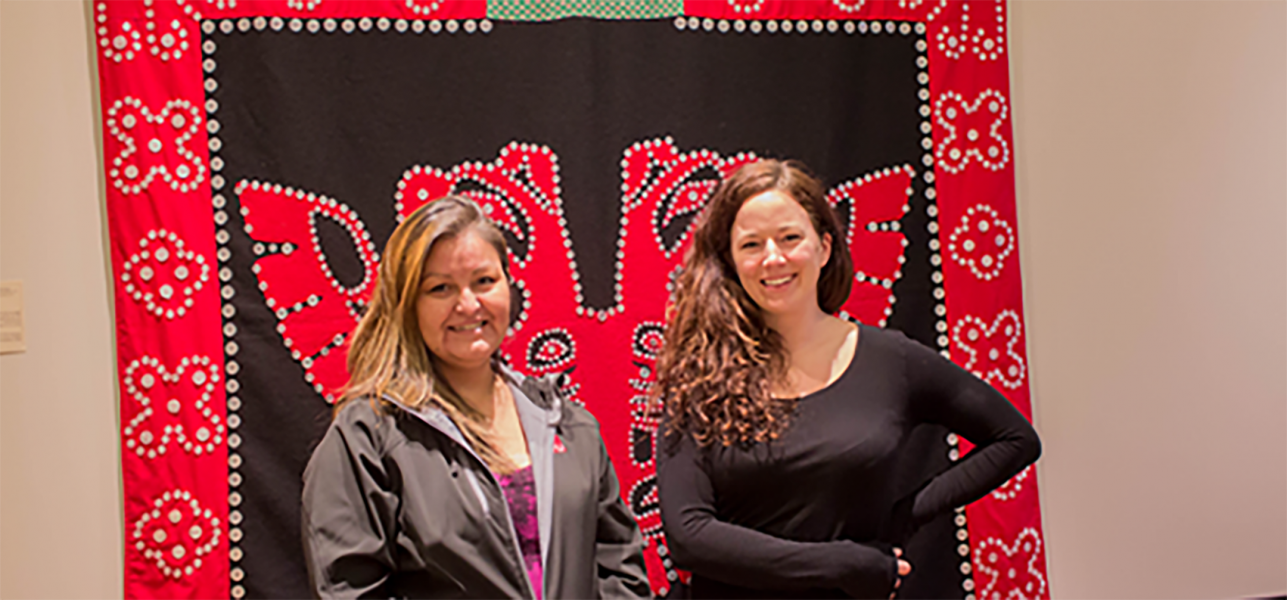
One year ago, I began the first of what would turn into a year of co-op placements that took me from Vancouver to the Yukon to Myanmar and back again. My co-op experience was a bit unconventional. Stumbling across two incredible job opportunities in such vastly different parts of the world was a little fluke and a lot of luck. What I gained from it, however, was worth the year spent living out of a suitcase. Co-op, or whichever opportunities you choose to pursue outside of your degree, is where you really shape your career. My experience allowed me to test the waters in two fields I was interested in. I had the chance to discover where I was strong, weak, and most importantly, where my real passions lie. I am a huge advocate of the benefits of co-op, and believe that investing energy into the non-academic side of your studies is just as important as the academic.
My first co-op position took me to the Yukon on an eight-month placement with Indigenous and Northern Affairs Canada (INAC). Living in Whitehorse in the dead of winter was perhaps one of the most amazing experiences of my life. My job allowed me to learn about government, life in the North and the incredible history of Yukon First Nations. Outside of work, I saw the Northern Lights for the first time (mind-blowing), hiked in Alaska and spent the winter getting reacquainted with my love of snowboarding. To learn more about my experience working with INAC, check out my blog post “Why Apply to Indigenous and Northern Affairs Canada”.
This position gave me the foundation and confidence to apply for a summer internship at Canada’s Embassy to Myanmar. As an International Studies major who has devoted the entirety of my education to learning about countries undergoing democratic transition, to work in Myanmar so soon after elections that ended more than 50 years of military rule was a once in a lifetime opportunity. Interning at the Embassy was challenging, fun and infinitely rewarding. I was given a chance to learn from professionals at the forefront of foreign policy, international development and public diplomacy. It was an incredible learning experience that I highly recommend to other students.
Now, I am back in Vancouver and working with Trina Setah, SFU’s Aboriginal Co-op Coordinator, as a Work-Study student. My job is to work with First Nations students to develop articles for the SFU OLC (Our Learning Community) about their own co-op experiences. I was excited to take this position, as I truly believe in the benefits of co-op and I know from spending the past year in the program that so many employers are looking to recruit Indigenous students. There are amazing opportunities out there and my hope is that more students can pursue the kind of experiences that I was so fortunate to have.
Although I am of non-Indigenous ancestry, First Nations culture and history have always been a big part of my life. My youngest brother is shíshálh and I was fortunate as a young person to be exposed to Indigenous culture through this side of our family. It has been exciting over these last few years to see people, organizations, businesses and government really start to talk about reconciliation. My belief is that reconciliation has to come from every faction of Canadian society, and I think that one way this will happen is through incorporating Indigenous perspectives into all sectors of business and government.
Stories developed for the OLC can be on anything students are interested in sharing; whether its success stories from their own Co-op placements or advice for other Indigenous students. There is a strong interest in hearing the experiences of SFU’s First Nations community and our hope is that in sharing your experience, you will encourage others to share their own, and to pursue the opportunities that will shape their careers.
Beyond the Blog
-
Are you an Indigenous student interested in learning more about co-op? Contact your program's Co-op Coordinator
-
Learn how to write for the OLC








